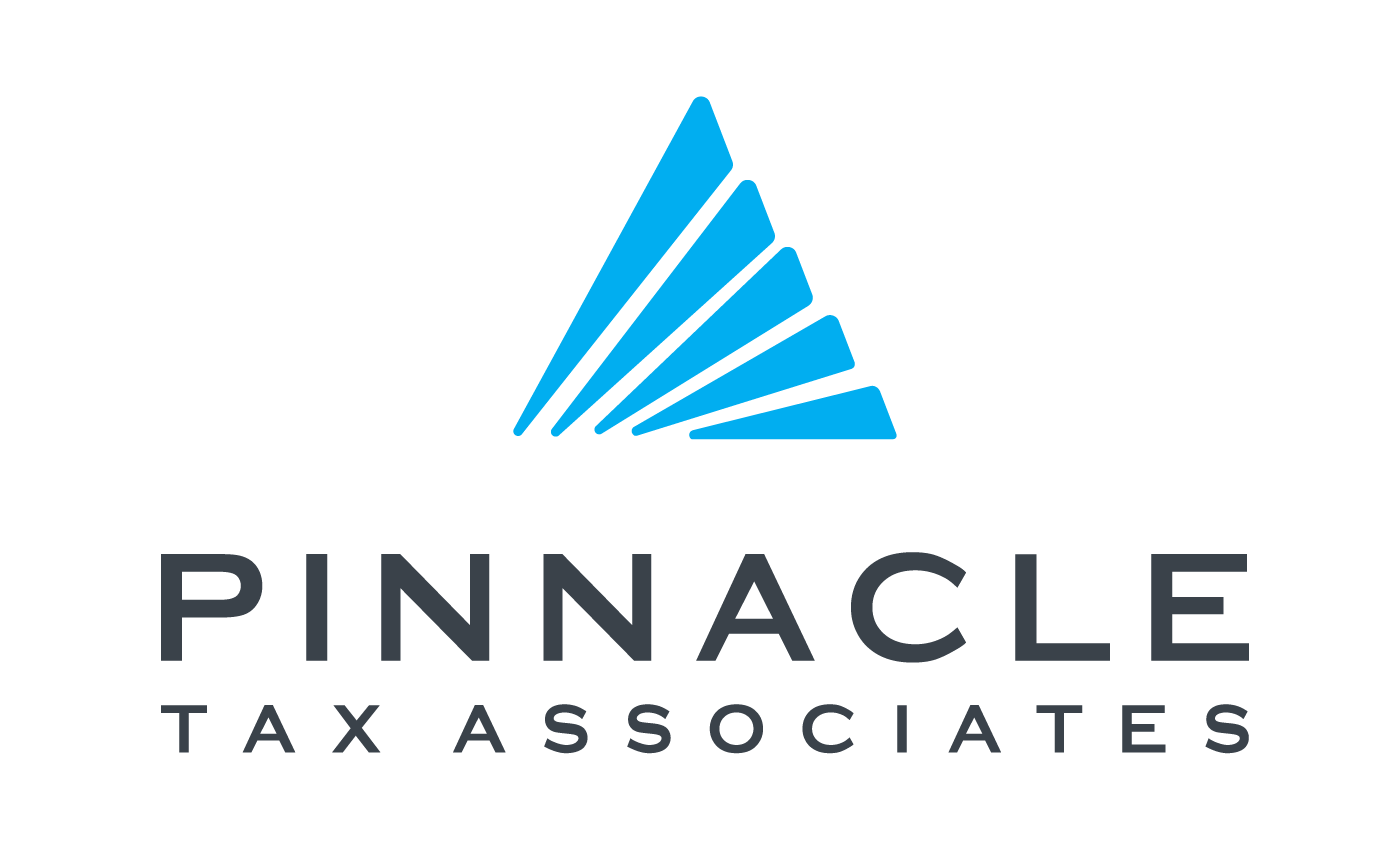Understanding Roth conversions
Roth conversions involve moving money from a traditional retirement account, like a 401(k) or a traditional IRA, into a Roth IRA. This shift can create tax advantages and strategic planning flexibility for your retirement savings. When you convert, you'll need to pay taxes on the pre-tax contributions and earnings you're moving. It's essential to understand the tax implications and eligibility requirements for Roth conversions to make informed decisions about your retirement planning.

Benefits of working with a retirement tax advisor
Working with a retirement tax advisor can help you navigate through the complexities of Roth conversions, ensuring that you make the most of your retirement savings. Here are the benefits of having a retirement tax advisor by your side:
Expert Guidance: A retirement tax advisor can provide expert guidance on the tax implications of Roth conversions, helping you understand the potential tax consequences and opportunities.
Tailored Advice: By assessing your individual financial situation, a retirement tax advisor can offer personalized advice on whether a Roth conversion is suitable for you and how to optimize the process.
Strategic Planning: With a retirement tax advisor, you can strategize the timing and amount of your Roth conversions to minimize your tax burden and maximize the benefits of tax-free retirement income.
Compliance Support: A retirement tax advisor can ensure that you comply with the IRS regulations and avoid potential tax pitfalls associated with Roth conversions.
Having a retirement tax advisor on your side can give you the confidence to make informed decisions and make the most of your retirement nest egg.
Role of a retirement tax advisor in Roth conversions
A retirement tax advisor plays a crucial role in guiding individuals through Roth conversions. They can help in assessing whether converting to a Roth IRA is beneficial based on your financial situation. Additionally, they can assist in strategizing the conversion process to minimize tax implications and maximize potential benefits. The advisor can also provide valuable insight into the long-term implications of Roth conversions on your retirement savings, helping you make informed decisions about your financial future.
How to find the right retirement tax advisor
Finding the right retirement tax advisor is crucial in navigating Roth conversions. Look for an advisor with experience in retirement planning and taxation. Consider the following factors when choosing an advisor:
Look for a Certified Public Accountant (CPA) or a Certified Financial Planner (CFP) with expertise in retirement tax planning.
Seek recommendations from friends, family, or colleagues who have successfully navigated Roth conversions.
Schedule initial consultations with potential advisors to discuss their approach to Roth conversions and ensure they align with your financial goals.
Tax implications of Roth conversions
Roth conversions can have significant tax implications. When you convert a traditional IRA to a Roth IRA, you will need to pay taxes on the amount converted. The tax rate will depend on your income and the amount being converted. It's important to consult with a retirement tax advisor to understand the potential tax consequences and ensure that you navigate the process effectively.
Common pitfalls to avoid in Roth conversions
Roth conversions can have potential drawbacks, so it's important to be aware of common pitfalls. Some key points to consider are:
Tax Brackets: Be mindful of your tax bracket when considering a Roth conversion. Jumping to a higher tax bracket may outweigh the benefits of the conversion.
Early Withdrawals: Avoid withdrawing funds from your Roth account within five years of the conversion to circumvent potential penalties and taxes.
Estate Planning: Ensure that your estate planning aligns with your Roth conversion strategy to avoid unintended consequences for your heirs.
Maximizing tax efficiency in retirement planning
To maximize tax efficiency in retirement planning, it's essential to consider Roth conversions. A retirement tax advisor can help guide you through the process, ensuring you understand the tax implications and benefits. Some key points to consider include:
Roth conversions allow you to move funds from a traditional retirement account to a Roth IRA, potentially reducing future tax burdens.
A retirement tax advisor can assess your individual situation and provide personalized recommendations for optimizing tax efficiency in retirement planning.
Understanding the tax implications of Roth conversions is crucial in making informed decisions about your retirement strategy.
By working with a retirement tax advisor, you can gain valuable insights into maximizing tax efficiency, ultimately enhancing your retirement planning efforts.
Planning for retirement with a tax advisor
It's essential to plan for your retirement with a tax advisor to navigate Roth conversions effectively. By working with a tax advisor, you can benefit from expert guidance on maximizing your retirement savings through suitable tax strategies. These advisors can help you understand the tax implications of Roth conversions and develop a personalized plan tailored to your financial goals, ensuring a smooth transition into retirement.
Retirement tax advisor's role in long-term financial strategy
A retirement tax advisor plays a crucial role in long-term financial planning by helping individuals navigate the complexities of Roth conversions. Their expertise allows them to optimize tax efficiency, minimize potential penalties, and ensure compliance with regulations. By consulting with a retirement tax advisor, individuals can gain a better understanding of the implications of Roth conversions on their retirement savings and develop a comprehensive strategy tailored to their specific financial goals and circumstances.
Summary and key takeaways
A retirement tax advisor can help you navigate the complexities of Roth conversions. Some key takeaways include:
Roth conversions can create tax-free income in retirement
The process involves moving funds from a traditional IRA or 401(k) to a Roth IRA
A retirement tax advisor can help you determine if a Roth conversion is beneficial for your specific financial situation
They can also assist with calculating the tax implications and developing a strategy for a smooth conversion process.




